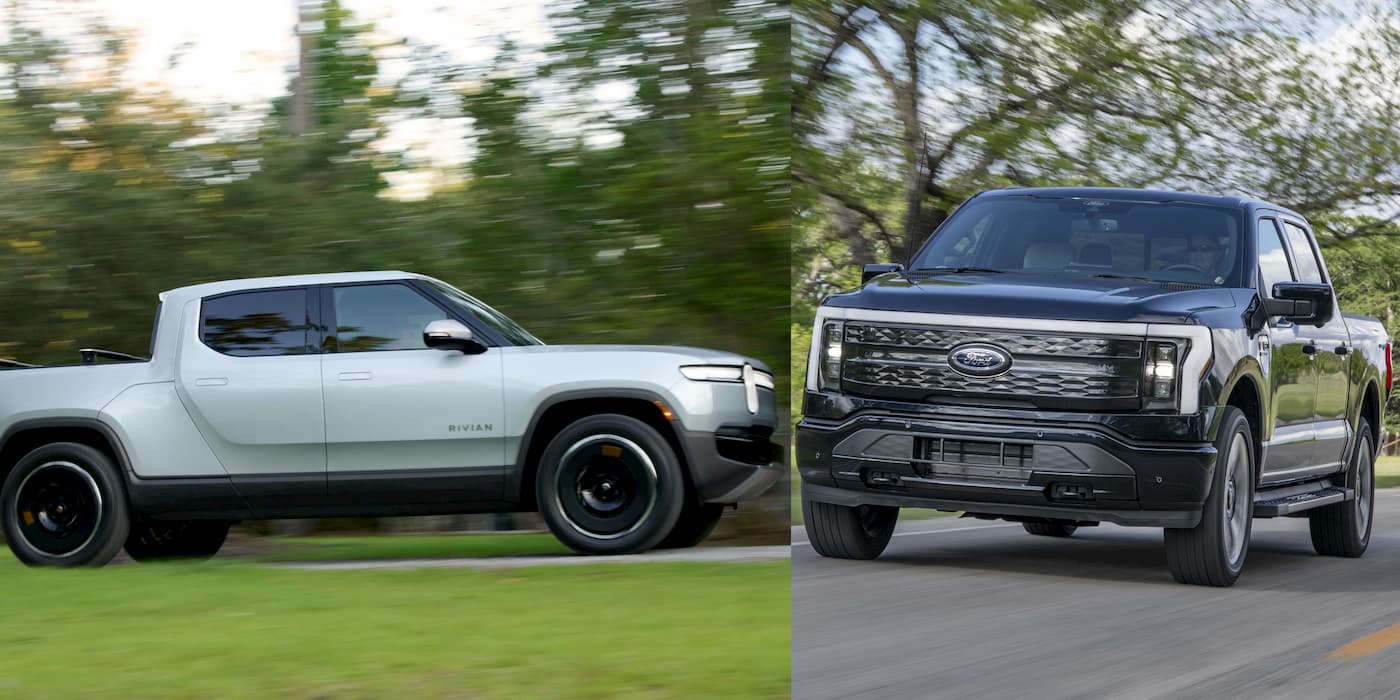
It wasn’t too way back that Rivian and Ford have been anticipated to construct EVs collectively. Then, Rivian and Mercedes-Benz introduced plans to supply electrical vans. Though each fell by way back, Rivian CEO RJ Scaringe not too long ago spilled the tea on why the tie-ups actually failed.
The primary partnership started after Ford invested $500 million in Rivian in 2019. Ford mentioned it will use Rivian’s platform to develop its personal branded EVs, together with beneath Lincoln.
Scaringe mentioned on the time Rivian was excited to “use our know-how and to get extra electrical autos on the highway.”
In April 2020, Ford mentioned it was transferring away from the Rivian partnership to focus by itself EV platform. A memo to staff acknowledged, “We decided that it will be higher to pivot from the Rivian skateboard platform and focus our improvement efforts.”
By the top of 2022, Ford offered off most of its stake in Rivian. In the meantime, Rivian and Mercedes-Benz signed a deal to construct electrical vans in 2020 utilizing platforms from every automaker.
That partnership ended after solely three months as Rivian determined to focus by itself progress. Though Rivian revealed basic statements as to why the tie-ups fell by, Scaringe spilled the tea throughout a latest interview with The Verge, revealing the true motive.
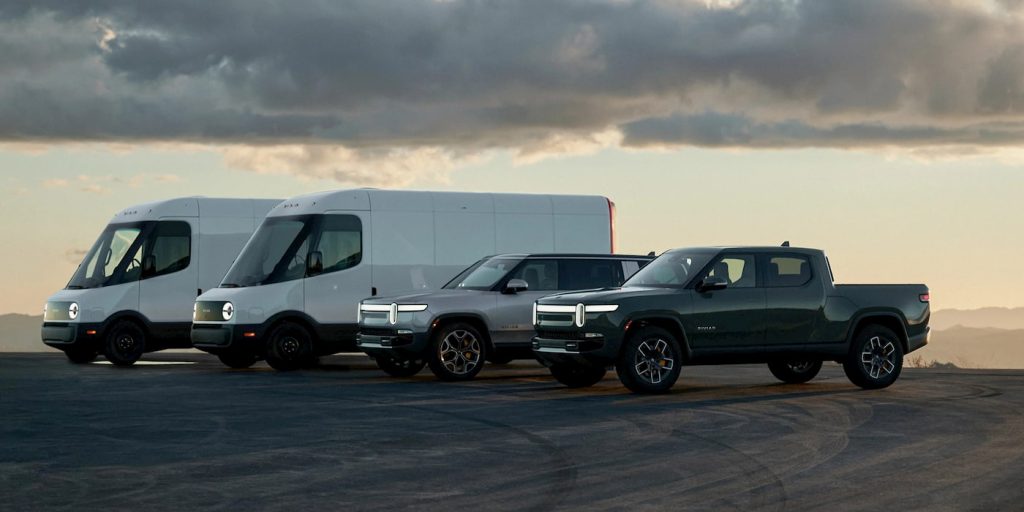
Right here’s why the Rivian EV tie-ups actually fell by
After Volkswagen introduced it will make investments as much as $5 billion into Rivian final month, Scaringe was requested why this partnership is completely different.
Rivian’s CEO responded: “We’ve seemed on the thought of sharing our car platform by quite a lot of lenses. We checked out car platform sharing with Ford, car platform sharing with Mercedes, each very publicly.”
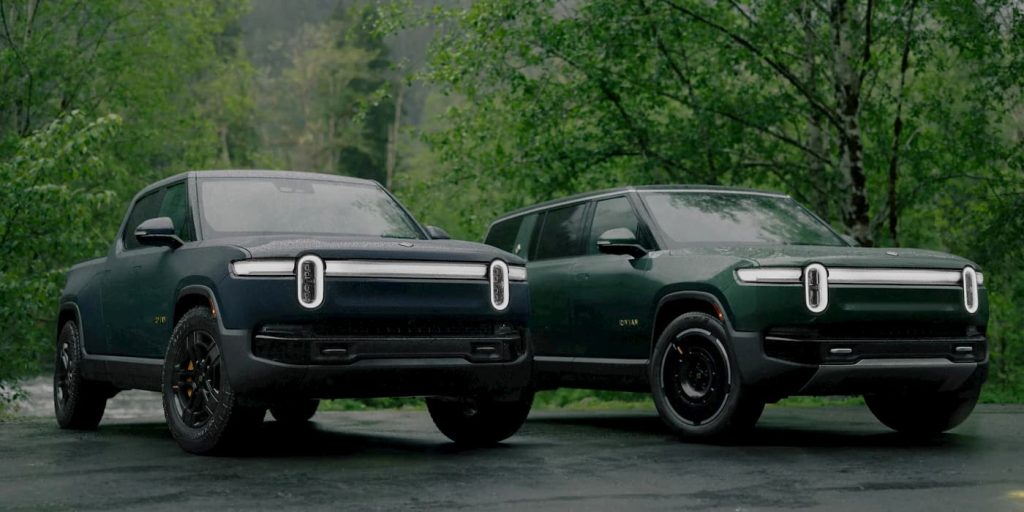
Scaringe added, “What’s, in each case, all the time the problem is getting the community architectures of Rivian’s platform and people different producers that we’ve talked to work collectively.”
“It’s a problem in each doable means,” Rivian’s chief defined. “It’s a problem to get the highest hat from a standard firm that’s utilizing heaps and plenty of provider supply ECUs to work with our platform — battery, drivetrain, chassis that has only a few ECUs. It’s a problem to get these two very completely different architectures to run down the identical manufacturing line.”
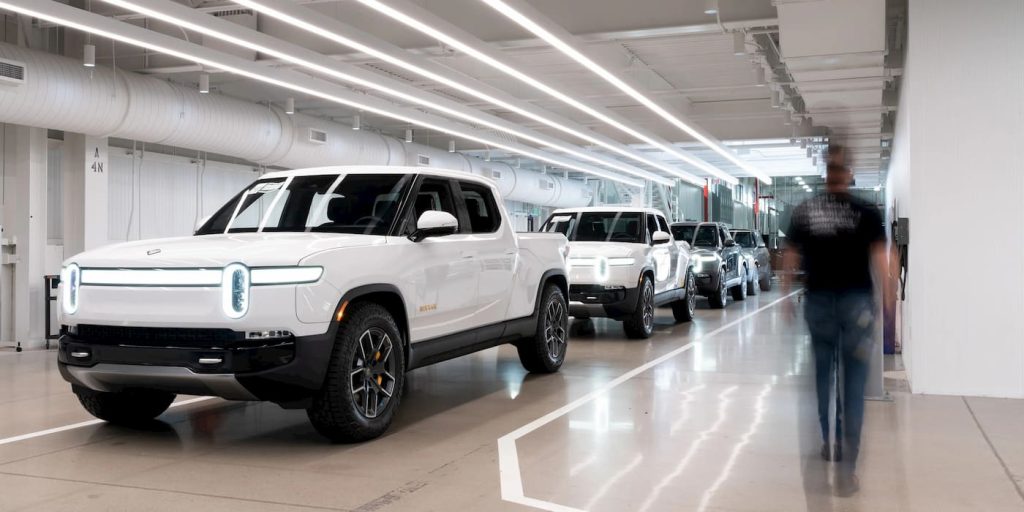
Nevertheless, by far the most important boundary, in line with Scaringe, “was all the time community structure.”
He went on to clarify that the VW partnership is concentrated on “exactly the factor that has all the time been the problem.” Though the deal is predicated on community architectures, it additionally makes platform sharing a lot simpler.
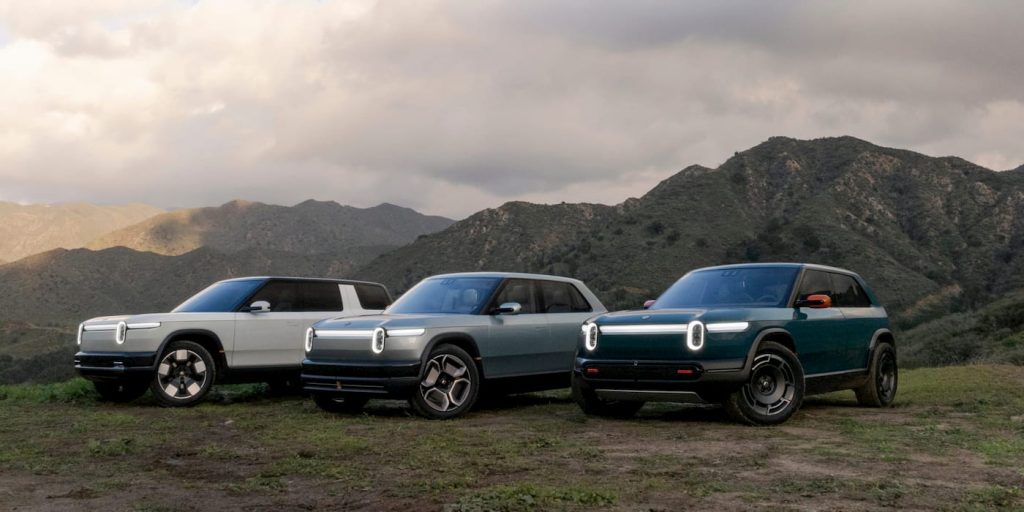
Volkswagen hopes the Rivian tie-up will help revamp the model and appeal to patrons within the US. The automaker plans to double its US market share to round 10% by 2030.
FTC: We use earnings incomes auto affiliate hyperlinks. Extra.


